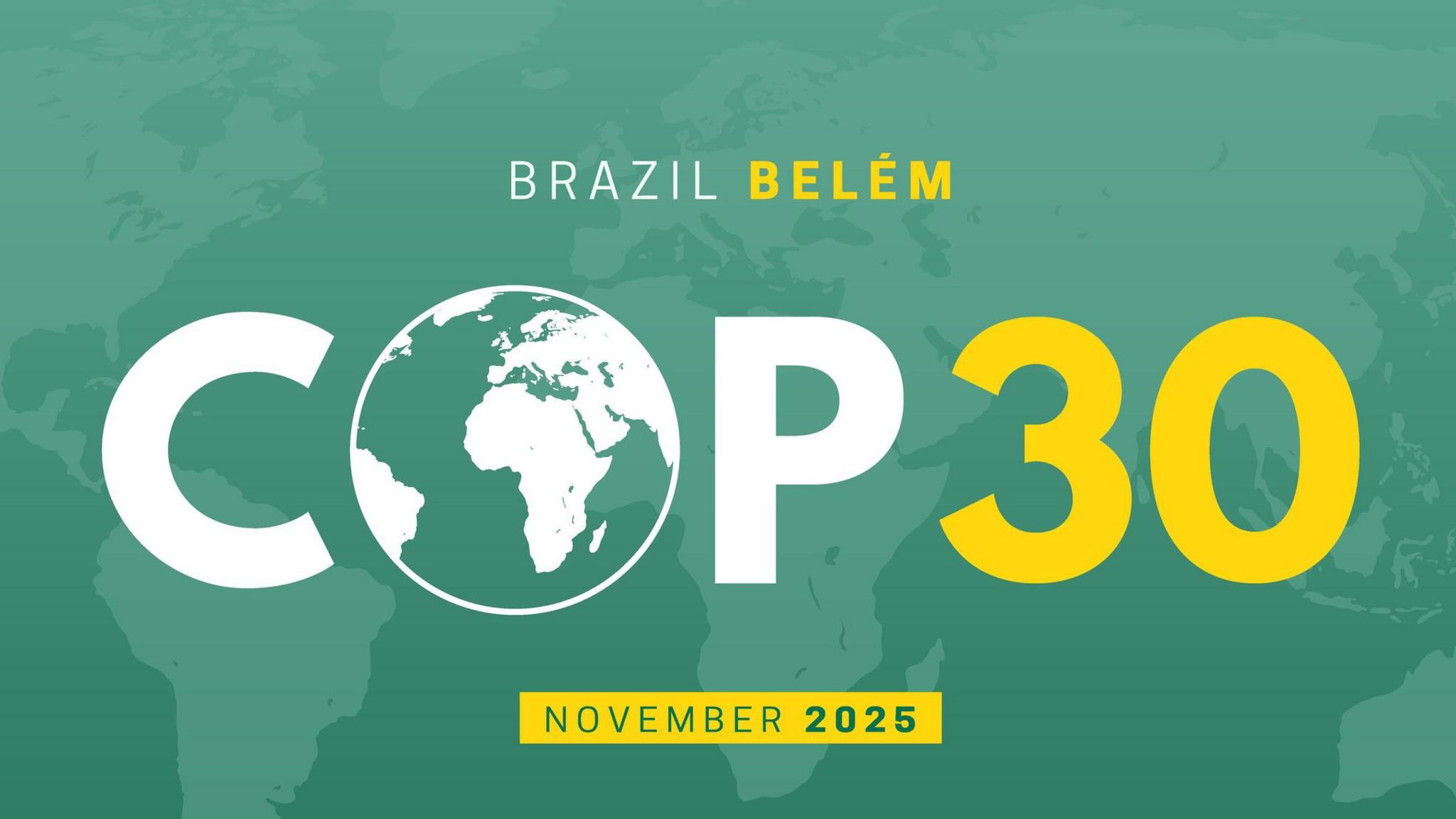What COP30 Week 1 Signals After the Promises of COP29

The first week of COP30 in Belém, Brazil, has focused on turning the discussions from COP29 into early steps toward implementation. Where COP29 in Baku centred heavily on climate finance and the global goal to mobilise $1.3 trillion annually by 2035, COP30 has begun expanding that conversation into practical themes such as adaptation, nature protection and skills development.
Below is a straightforward overview of the main points from Week 1.
1. Adaptation Received Strong Early Attention
At COP29, adaptation was acknowledged as a priority but largely discussed within the broader context of climate finance. In Week 1 of COP30, it featured far more prominently. Countries and organisations highlighted the growing need to strengthen resilience to climate impacts, including extreme weather and environmental change. New funding announcements were made to support adaptation efforts, particularly in vulnerable regions.
2. Climate Finance Continued from the COP29 Framework
COP29’s major headline was the global roadmap to scale climate finance to $1.3 trillion a year. Week 1 in Belém focused on how this financing could be channelled into specific initiatives. Brazil introduced the Tropical Forests Forever Facility, designed to support countries that protect forest regions. This signalled a shift from headline financial commitments to early clarity on implementation.
3. Forests, Nature and Biodiversity Were Central Themes
Holding COP30 in the Amazon has placed a natural spotlight on forest protection and biodiversity. Discussions centred on conservation, sustainable land management and the protection of major ecosystems. Nature-based solutions were repeatedly highlighted as essential elements of global climate strategy. Compared to COP29, where nature had a supporting role, COP30 has pushed these themes into the foreground.
4. Skills, Education and the Future Workforce Took the Spotlight
A major development in Week 1 was the launch of the Global Initiative on Jobs and Skills for the New Economy. New data outlined the scale of workforce needs linked to climate action, from clean energy to adaptation and resilience. More than 150 countries have now integrated climate education into national programmes, signalling a global effort to prepare future generations for climate-related work.
Alongside this, the broader themes emerging in Week 1 — adaptation, nature protection, project delivery and long-term resilience — are expected to shape the capabilities organisations look for in the coming years. Demand is growing across areas such as environmental data, project development, climate-resilient infrastructure and nature-based solutions.
Looking Ahead to Week 2
As discussions continue, we’ll keep tracking the key themes emerging from COP30 and how they shape the wider clean-energy landscape. If your organisation is preparing for new projects, scaling teams or exploring future skills requirements, PACE supports businesses across the sector in building the talent needed for long-term delivery.
Feel free to get in touch if you’d like to discuss hiring plans, workforce trends or the roles expected to grow as the energy transition advances.
- About us
- Job search
- Join us
- Upload CV
- Hiring Brief
- Register
- Contact us
- Login
- Privacy policy
- +44 203 854 3160
- info@pace-people.com
- Sustainable Workspaces, County Hall, 5th Floor, The Riverside Building, Belvedere Road, SE1 7PB
Built by huzzah!
